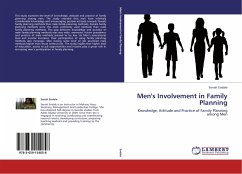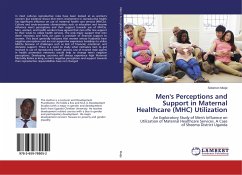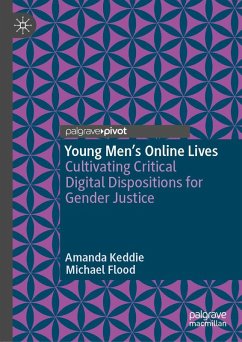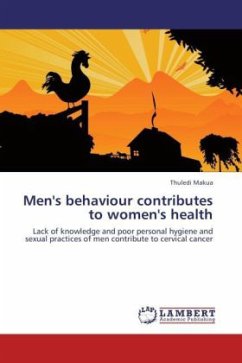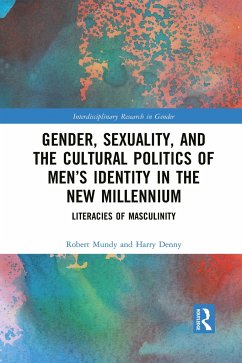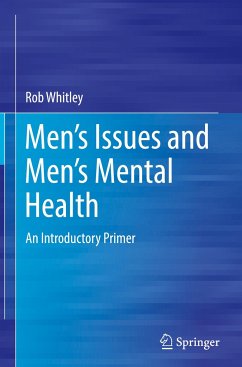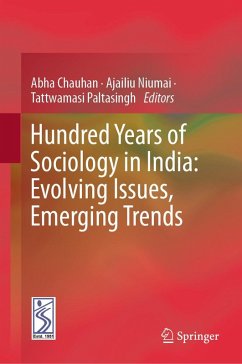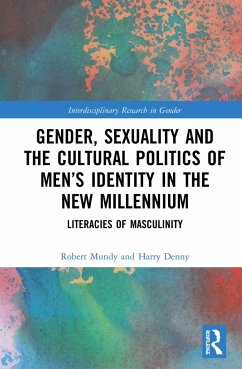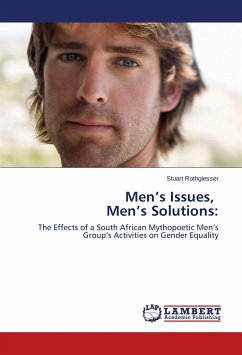
Men's Issues, Men's Solutions:
The Effects of a South African Mythopoetic Men's Group's Activities on Gender Equality
Versandkostenfrei!
Versandfertig in 6-10 Tagen
32,99 €
inkl. MwSt.

PAYBACK Punkte
16 °P sammeln!
A study that shows that the gender relations of contemporary middle class men (and the groups they create and inhabit) are complex and nuanced. The author conducts anthropological research (including participant observation, interviews and surveys) of the largest South African mythopoetic men's group. The dissertation analyses the reported effects of the activities of the ManKind Project-South Africa on the men who participated in them. It focuses on several aspects of inter-personal and social relations regarded in gender studies as key determinants of gender equality: the men's ability to ex...
A study that shows that the gender relations of contemporary middle class men (and the groups they create and inhabit) are complex and nuanced. The author conducts anthropological research (including participant observation, interviews and surveys) of the largest South African mythopoetic men's group. The dissertation analyses the reported effects of the activities of the ManKind Project-South Africa on the men who participated in them. It focuses on several aspects of inter-personal and social relations regarded in gender studies as key determinants of gender equality: the men's ability to express their feelings, their engagement with fatherhood / father-son relations, their relationships with Others and their willingness to engage in pro-feminist work. As the activities of this particular group are found to have both positive and negative impacts on gender relations, the author argues that the work and value of mythopoetic men's groups should not be dismissed out of hand.



